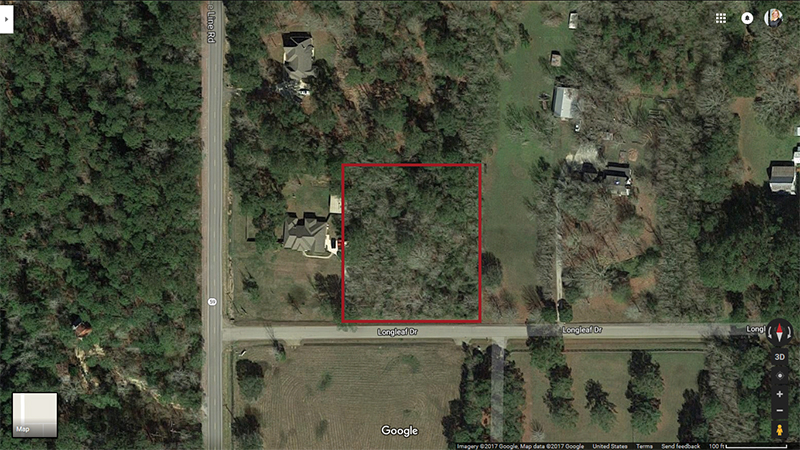




Earlier this month, Rachel Billow, who runs the La Cocinita food truck, and Taceaux Loceaux owner Alex Del Castillo had a chance encounter at the city’s safety and permitting department, where they had gone to apply for one of the 100 mobile food vending permits that are distributed annually in Orleans Parish. Up first was Del Castillo. Bad news, he was told: No more permits are available.
But Billow had better luck a few minutes later: She was able to get one.
“She walked out of the office that day with one of the mobile vending permits,” Del Castillo recalled later, a slight that he believes was caused by permitting officials not being on the same page about the city’s regulations. “I was in there the same day asking for the same thing and I didn’t get one.”
As gourmet food trucks have sprung up in New Orleans since Hurricane Katrina, gaining popularity through word of mouth and social media channels as a way to grab a quick, late-night bite, many operators say they’ve faced hurdles navigating the city’s protocol for getting up to code and getting in on the action.
The licensing process for food trucks covers a range of other mobile vendors, with wares from produce to snowballs. But food truck operators say that as the local industry has changed, the regulations have become outdated and fail to take into account the high demand for mobile food units. Adding to the frustrations, they also say there are sometimes gaps in how the city deals with the regulations, and some food truck operators avoid the red tape altogether, defying the rules and hoping for the best.
“Like most things in our city, you get a lot of mixed messages, but they’ve got their rules in place and you’ve just got to try to sift through them,” said Henry Pulitzer, 29, who often parks his Geaux Plates food truck outside Dos Jefes Uptown Cigar Bar on Tchoupitoulas Street.
Pulitzer is among a group of local food truck owners who hope to persuade city officials in the coming months to ease some of the rules for mobile food operators by increasing the number of permits issued, extending the time a truck can stay in one spot, and expanding hours of operation.
In addition, some food truck operators are pushing to open the Central Business District for business, and they want to shorten the 600-foot limit in place for the space a food truck must be from a restaurant. The operators would like to see that distance cut in half, and to limit the restriction to restaurants serving food that is similar to what’s being sold on the truck, a distinction set in other cities like San Francisco.
And a 30-minute time limit on how long a mobile vendor can stay in the same spot makes it difficult to set up, get ready, and wait for customers to track them down and order food, say operators, who often choose to ignore the rule, which can carry up to a $500 fine.
“The idea of us only being there for 30 minutes is just silly,” said Billow, 30, whose La Cocinita truck serves Latin American food.
Though anyone passing by some late-night bars like Kingpin on Lyons Street or Rendezvous Tavern on Magazine Street would hardly know it, a city ordinance also bans food truck sales from 7 p.m. to 7 a.m.
Ryan Berni, a spokesman for New Orleans Mayor Mitch Landrieu, said concerns will wane under the “one-stop shop” proposed for city permits, offering a single office that would supply all permits. Landrieu announced the plan in October.
“We’re in the process of streamlining them,” Berni said, noting that many of the complaints that have been expressed to the city concern a lack of available permits, “which is not the case now.”
On Jan. 18, Berni said, there were 22 permits available, a figure that he acknowledged was unusually high. The permits are renewed every year at a cost of about $300 from start to finish.
Complying with the regulations isn’t the only challenge to operating a food truck. It’s also a big financial commitment.
Billow and her partner, Benoit Angulo, who attended culinary school in Venezuela, bought the truck in Florida last September and spent about $10,000 bringing it up to code and another $5,000 painting the outside.
To get a mobile vending permit in Orleans Parish, applicants must pass a fire and health inspection for the truck, which, as Billow found out, often requires that additional money be invested to bring the vehicle into compliance.
But food truck operators say they’re determined to keep going.
For his part, Del Castillo, 44, said he believes many of the ordinances are ambiguous and don’t make a distinction for food trucks, though he has recruited some help and recently obtained the permit he first set out to get.
In the meantime, he has his sights set on gaining some new ground.
“I think we should get access to the CBD,” he said, “because we’re not really competing with the mom and pop restaurants out there, we’re competing with a Lean Cuisine or a bagged lunch.”